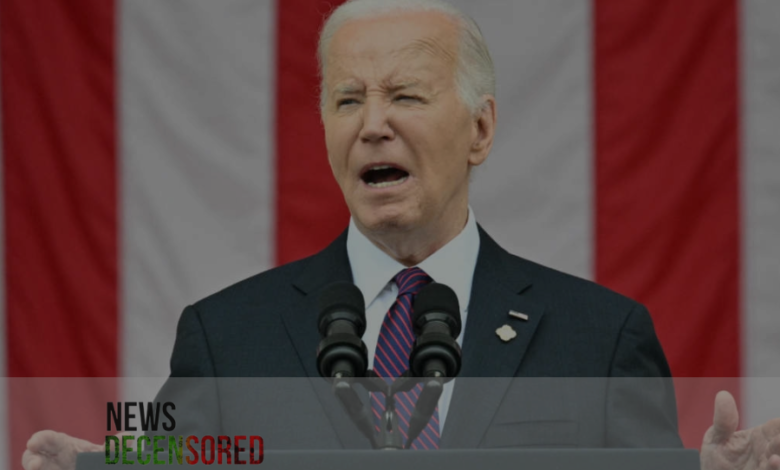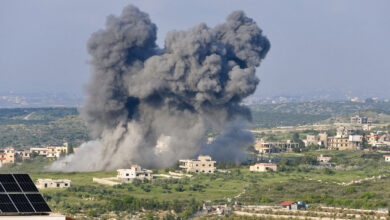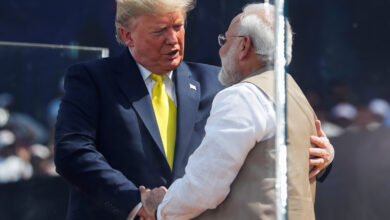US reacts with threats of ‘Hague Invasion Act’ as ICC seeks arrest warrants for Israeli Officials

The Biden administration came up heavily questioning its ally, the chief prosecutor of the International Criminal Court (ICC) after he declared that he would be seeking arrest warrants for some high-ranking Israeli officials and Hamas leaders.
US President Joe Biden also expressed his disapproval about the matter and stated that calling the legislative initiative “outrageous” equates both Hamas’ leaders and Israeli officials. Moreover, former US Sec of State Anthony Blinken suggested that there could be congressional sanctions against the members of the ICC and a possibility of formulating a response to the World Court.
Some of the voices in support of Israel have taken things further by admonishing the ICC for going for arrest warrants for Israeli Prime Minister Benjamin Netanyahu and Defense Minister Yoav Gallant. They were cited as a provision of the American Service-Members’ Protection Act (ASPA). This law has existed for the past twenty years, through which the president of the United States of America exercises the prerogative to challenge the court’s jurisdiction.
On the same basis, twelve US senators made their intentions clear to the chief prosecutor of the ICC, Karim Khan, informing him of adverse reactions if the arrest warrant were issued to the Israeli leadership. They mentioned ASPA, also known as The Hague Invasion Act, supported in 2002 in response to the September 11 attacks.
Section 2008 grants explicitly the US president authority and refers to “all means necessary and appropriate” to free individuals of the US military and “covered allied persons.” The exposure category comprises military personnel, elected and appointed delegates, and employees serving or working for NATO member countries and other allies.
AW HP Later, upon the enactment of ASPA, Human Rights Watch expressed apprehensions about its language, which stated that the president of the United States has powers to fight the court. It was deemed to have broad ramifications regarding the law, ensuring that military intervention was now possible to rescue people detained by the ICC in the Hague.
Although the Biden administration avoided referring to ASPA in its recent criticism of the ICC, this law can be credited with serving as a powerful backdrop. The United States’ leader, Joe Biden, provided renewed assurance for Israel’s protection as a result of the ICC’s actions.
ASPA also reinforces historical strain in US-ICC relations. It should be noted that although the United States actively participated in making the Rome Statute, the founding document of the ICC, it did not sign the treaty creating the court and, therefore, avoided being under its jurisdiction.
Some concerns include: While the US still needs to ratify the Rome Statute, the law sets up numerous restrictions on cooperation between the ICC and the United States, including federal, state and local governments. Although the US can use it to limit the exchange of information on national security and law enforcement, it reduces America’s involvement in UN peace missions demanding indemnity for its representatives.
Additionally, ASPA is characteristic of the US’ distrust of ICC, as seen in episodes like the one in which the US prevented the extension of a UN peacekeeping mission in Bosnia despite the absence of immunity for the American soldiers.
This type of conflict has been witnessed between the United States of America and the International Criminal Court over the years. Even when Palestine was entering the Hague, the Obama administration claimed it would cut aid to the Palestinian Authority. It turned down PNC preliminary investigations on the US-led Afghanistan war.
The conflicts of interest between the US and the Palestinians raised tensions higher during Trump’s presidency, with the office of PLO in Washington shut down and threats to punish ICC employees.
Thus, ASPA captures the reality of the US stance regarding the ICC and reflects the conflicting views of universal justice and supremacy in the contemporary world.




